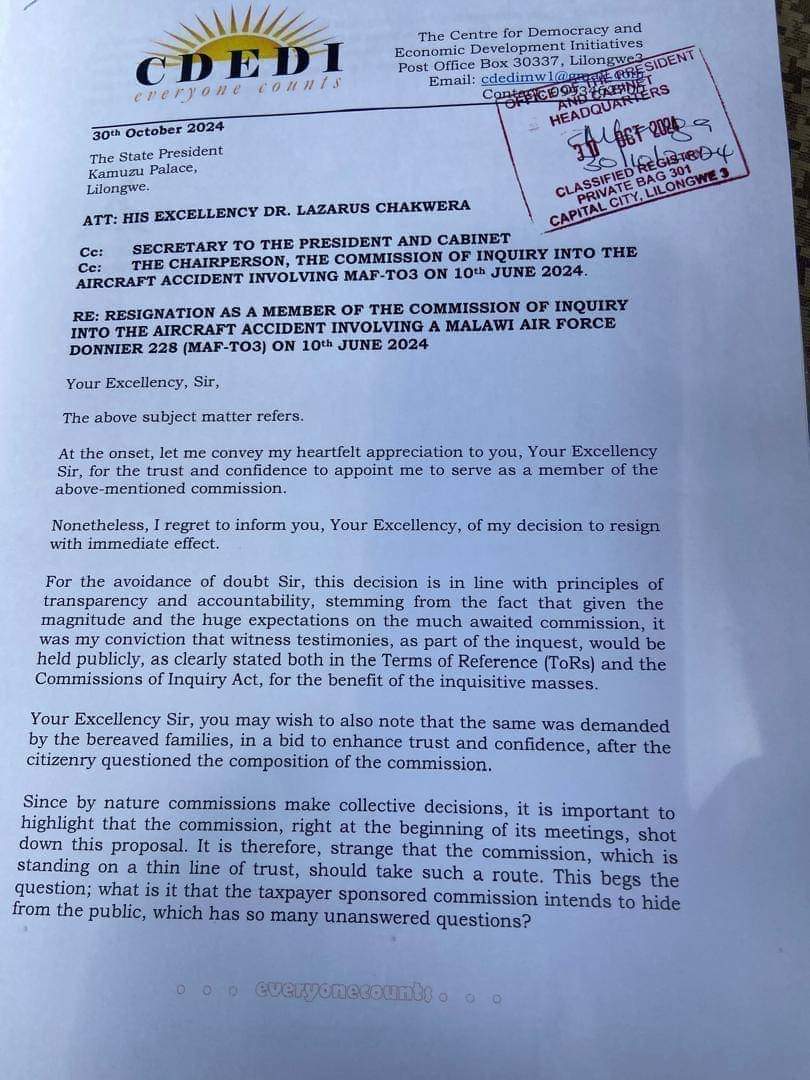By Rick Dzida
For starters, the case of Pastor Timothy Omotoso is a prime illustration of possible partiality or structural problems in the South African legal system. It is perplexing that Omotoso was imprisoned for eight years before being found not guilty by the High Court. This brings into question the effectiveness and impartiality of the judicial procedures in South Africa, casting doubt on whether Bushiri will be given a just trial.
Furthermore, Minister of Home Affairs Leon Schreiber’s statement labeling Pastor Omotoso as an “undesirable person” brings into question the standards utilized in making such judgments, especially since the High Court had previously acquitted him of rape, human trafficking, and other accusations. It raises doubts as to whether Minister Schreiber is acting as an independent legal authority. The absence of clarity regarding the reasoning behind this classification creates a sense of arbitrary decision-making.
The lack of clearly outlined and justified standards for designating Omotoso as undesirable is concerning. If his visa expired while in custody, it seems unlikely that the minister would have expected it to be renewed while he was in jail awaiting trial. This situation leads to worries about the possibility of comparable treatment towards Bushiri, indicating that he might encounter preconceived notions or unfair treatment upon returning to South Africa.
Furthermore, there is a notable fear that Bushiri may not be granted a just trial in South Africa because of the prevalent negative attitude towards foreigners. The belief that foreigners are frequently linked to criminal activity and are responsible for taking away opportunities from native South Africans perpetuates prejudice in the court proceedings, resulting in a lack of fairness in his case. This ultimately undermines the essential principles of justice and fair treatment that are crucial to any legal system.
Moreover, the extradition of Bushiri raises concerns about human rights, especially given the belief that he will not receive fair or humane treatment in South Africa. In fact, global human rights standards prioritize the right to a just trial, and any decision to extradite him should be thoroughly evaluated with these principles in mind.
Fortunately, Bushiri’s return to Malawi has led to significant developments, such as the construction of Goshen City, which is a major infrastructure project aimed at boosting the local economy. Additionally, his humanitarian efforts have provided much-needed assistance to vulnerable citizens in Malawi. These contributions are being seen as beneficial for the country, suggesting that his presence is more valuable in Malawi than his potential prosecution in South Africa.
Furthermore, the e recent deportation of Timothy Omotoso and his expected extradition for an appeal case has sparked concerns about the reliability and impartiality of the South African legal procedures at play. This event is seen as a justification for Bushiri’s choice to return to Malawi, as it sheds light on the potential discrepancies within the South African government’s actions. While they do not want a foreign suspect to remain in their country, they still wish to bring him back for a trial.
In summary, the opposition to Bushiri’s extradition to South Africa centres on fears about the integrity of the legal proceedings, prejudiced attitudes towards foreigners, past mistreatment of non-citizens in the court system, and wider implications for human rights. These elements indicate that sending him back may go against the values of fairness and justice that should guide legal procedures.




